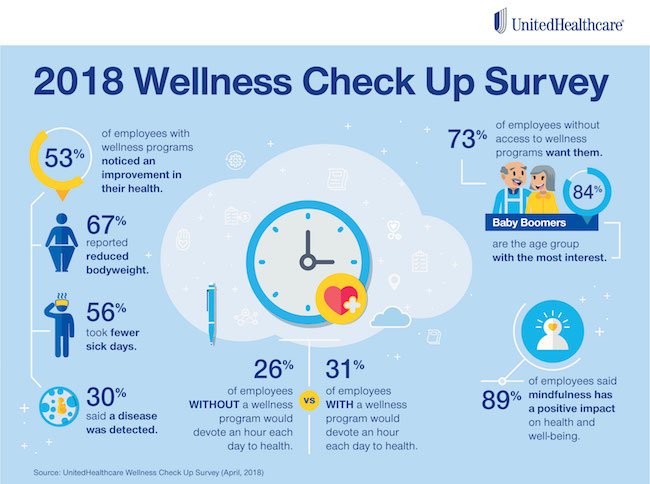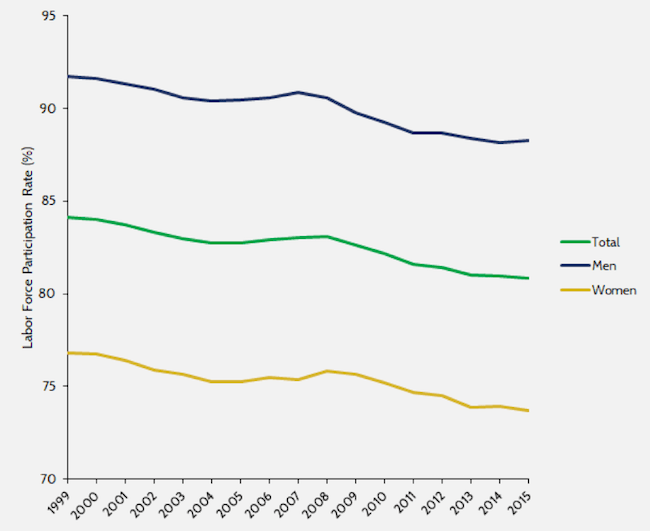Survey: Wellness Programs Increased Productivity, Reduced Sick Days
UnitedHealthcare recently published the results to its annual Wellness Check Up Survey. Most notably from the results, 62% of employees with wellness programs felt their wellness program increased their productivity and 56% reported having taken fewer sick days because of their program.
Employee Wellness Lessons From Amazon’s Choice For JV CEO
Amazon, Berkshire Hathaway, and JPMorgan Chase announced that Dr. Atul Gawande will be the leader of their new health care venture. Since many employee wellness programs include clinical tests and interventions, companies would be wise to reflect on Dr. Gawande’s thoughts on health care.
Continuous Financial Wellness Programs Most Effective
Surveys and reports identify financial wellness as a key area of focus for wellness programs. Most employers satisfy the financial wellness needs of their employees with initiatives that “check the box” and are better than nothing, but it should come as no surprise that they have limited efficacy.
National Nutrition Month At Work – Ideas And Resources
March is the National Nutrition Month. While all workplace wellness programs should touch upon nutrition year-round, it is not a bad idea to dedicate a whole month to educating employees on the topic.
Should Employers Offer Genetic Testing?
Already popular in the consumer market, genetic disease risk screening is entering employee benefits. While the consumer testing market may be driven by peace of mind, personal health, and/or general curiosity, employers approach the cost-benefit analysis from a completely different perspective.
Survey: Financial Wellness Programs And Wellness Incentives Growing
The 9th annual Health and Well-being Survey from Fidelity Investments and the National Business Group on Health showed that more than two-thirds (67%) of companies are expanding their wellness benefits beyond traditional physical activity programs.
Study: Employee Perception Of Wellness Programs Improving
The 2018 Consumer Health Mindset Study explores new and emerging topics related to the health mindset of consumers to help employers create effective benefits strategies, including how employees perceive employer wellness programs. Since 2014, perceptions have significantly improved.
Study: Opioid Crisis Cost U.S. Employers $702B
A study found the opioid crisis caused the American economy to lose nearly a million workers, 12.1 billion work hours, and $702 billion. The study reviewed the impact the opioid epidemic had on labor force participation and output between 1999 and 2015, making the average annual loss $43.9 billion.
Study: Standing Desks May Have Negative Effects
Although numerous studies suggest that the health benefits of standing desks are less significant than the hype, employers continue to invest in upgrading office furniture to promote standing over sitting in hopes to recoup the investment from lower healthcare costs.











